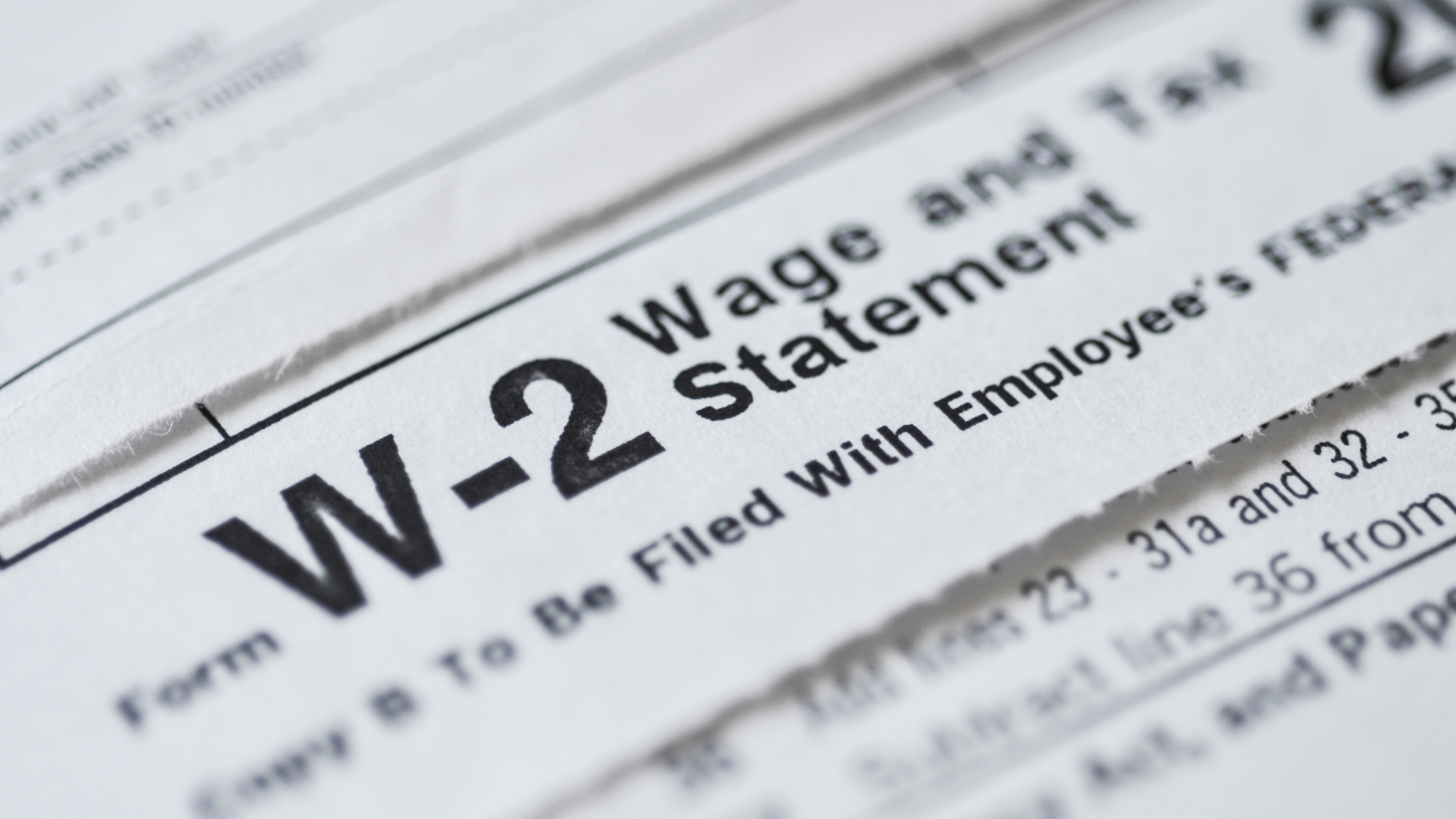When it comes to employee records, not everything belongs in the personnel file. Federal law requires certain documents to be stored separately for confidentiality and compliance. Mixing everything together can expose sensitive information to the wrong people and create audit risks.
Keep these out of the personnel folder:
- I-9 Forms – Must be kept in a separate I-9 file for all employees.
- Medical Records – Doctor’s notes, FMLA, ADA accommodations, workers’ comp.
- Background Checks/Drug Tests – Keep separate to meet privacy laws.
- EEO/Voluntary Self-ID Data – Used only for compliance reporting.
- Harassment/Investigation Files – Complaints, witness statements, investigation notes.
What should stay in the personnel file:
- Job application & resume
- Offer letter & signed acknowledgments
- Performance reviews & training records
Pro Tip: Think in layers of access.
- Personnel File = the everyday employment record.
- Confidential File(s) = medical, legal, or sensitive items.
- Payroll File = tax forms, garnishments, direct deposit info.
A clean filing system keeps you compliant, protects employee privacy, and saves hours in an audit.










